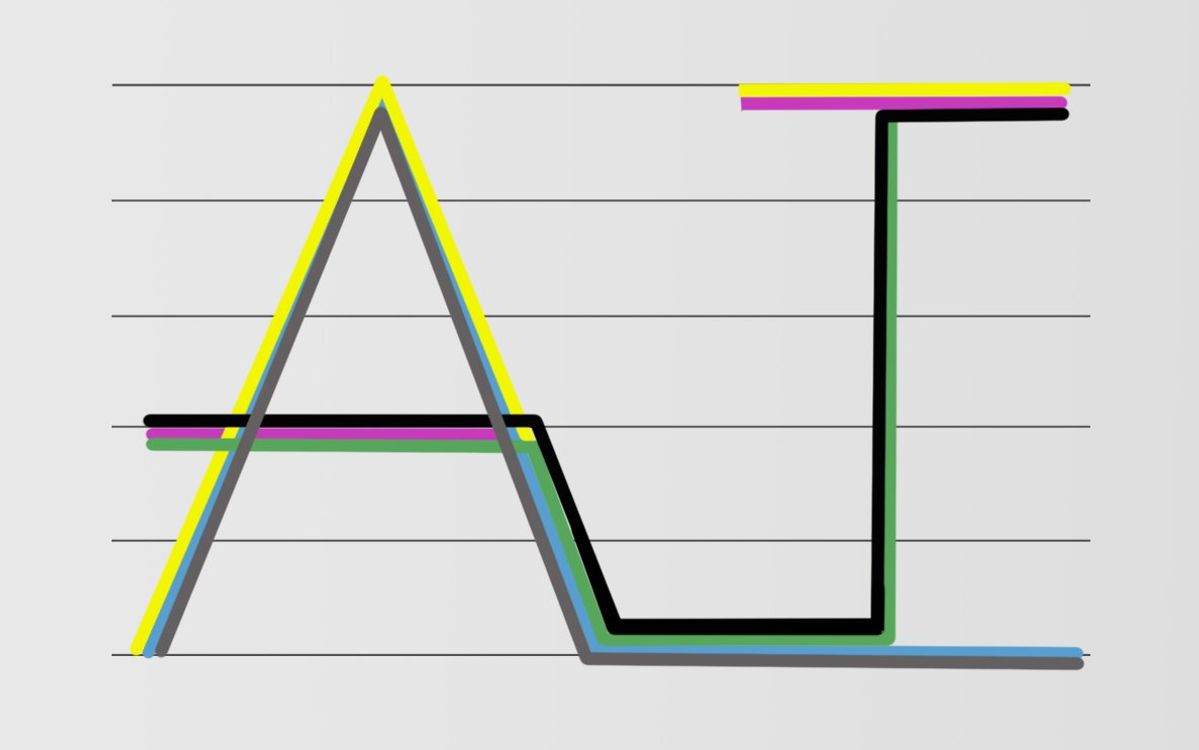Researchers at the Yale School of Medicine have presented the first experimental evidence showing that exposure to cell phone radiation in the womb affects fetal brain development and could lead to hyperactivity.
The study was done on mice and the results can’t be directly applied to humans: gestation periods, fetal brain development, and relevant exposure levels are all very different. Nonetheless, Hugh Taylor, director of the Yale Center for Reproductive Biology, says that limiting cell phone use during pregnancy is warranted. Taylor and his colleagues published their findings today in the journal Scientific Reports.
The researchers positioned a cell phone making a muted, but active, phone call above the cage of a group of pregnant mice. The control group’s cage was kept under a deactivated phone. The researchers performed various behavioral and psychological tests on the mice born to both groups, and also measured brain electrical activity. They found that adult mice that were exposed to radiation as fetuses tended to be more hyperactive and anxious, and had less memory capacity.
The behavioral changes could be attributed to the effect of RF radiation on neuron development in the brain’s prefrontal cortex, the same region that’s associated with Attention Deficit Hyperactive Disorder (ADHD). In a Yale press release, Taylor said: “We have shown that behavioral problems in mice that resemble ADHD are caused by cell phone exposure in the womb. The rise in behavioral disorders in human children may be in part due to fetal cellular telephone irradiation exposure.”
He also said that more studies will be needed to understand the mechanism behind the findings and to more accurately mimic potential human fetal exposure to cell phone radiation.
A survey-based study published in 2010 in the Journal of Epidemiology and Community Health has shown a possible link between human prenatal cell phone exposure and childhood behavioral problems. In that study of 28 745 Danish children, UCLA researchers analyzed data on cell phone use from surveys that the mothers of the children filled out. They found that children exposed to cell phones before and after birth were 50 percent more likely to develop behavioral problems by the age of seven than unexposed children.
The World Health Organization has classified cell phones as a carcinogenic hazard. Meanwhile, a February 2011 Journal of the American Medical Society study suggested that cell phone radiation might increase blood flow in certain brain areas, although some experts say that study had major flaws.
PHOTO: Jason DeRusha, Flickr
Prachi Patel is a freelance journalist based in Pittsburgh. She writes about energy, biotechnology, materials science, nanotechnology, and computing.



